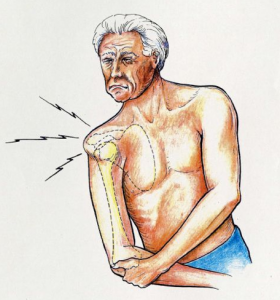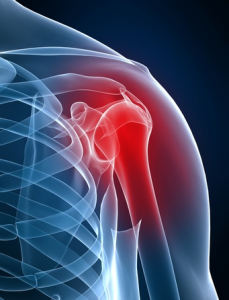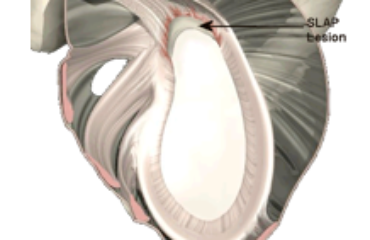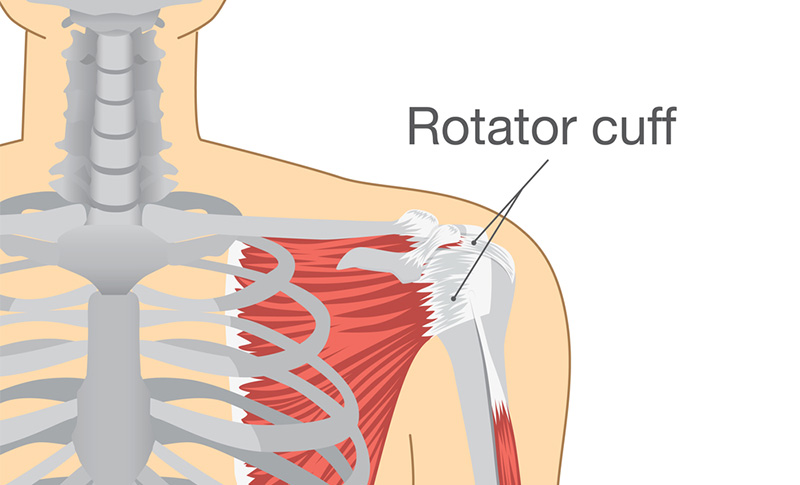What is shoulder instability?
Shoulder instability is a common condition which takes place when the connective tissue around your shoulder joint begins to loosen. Your shoulder joint is made up of what is called a ball and socket joint. 
Around the joint is strong connective tissue which actually holds your bones together in place. In addition to the connective tissue your shoulder region has a group of muscles called the rotator cuff which actively hold your shoulder joint in place and provide stability to your shoulder.
There are certain movements which apply force directly to your shoulder ligaments. Some of these most common movements include falling on your outstretched arm or throwing a ball. If you repeat these movements enough or they are particularly dramatic you can stretch or tear the connective tissue. When this happens the support that the connective tissue provides to your shoulder diminishes and it allows your joint to become unstable.
Shoulder instability then results in your upper arm bone being allowed to move partially out of the socket when you complete certain arm movements this can cause dislocation of the shoulder. This presents typically in one shoulder although on rare occasion it can present into.
What are the causes of shoulder instability?
Shoulder instability is most commonly caused by traumatic incident wherein you partially dislocated her shoulder or completely dislocate  your shoulder. It can also take place in contact sports like football, skateboarding, basketball, rugby, or water polo. The usual movements and excessive external rotation can cause the instability to take place.
your shoulder. It can also take place in contact sports like football, skateboarding, basketball, rugby, or water polo. The usual movements and excessive external rotation can cause the instability to take place.
Shoulder instability often takes place gradually and can occur in association with faulty swimming strokes or poor throwing techniques in those who are otherwise professional in the aforementioned movements.
What are the symptoms of shoulder instability?
Patient to experience shoulder instability might experience an absence of symptoms initially or little symptoms. The first sign might be an episode of shoulder subluxing. This is commonly called partial dislocation. Other patients might initially experience a shoulder ache during some activities.
If your incident was dramatic such as landing on your outstretched arm after a car accident, you will probably experience specific pain from the arm. Following the incident you may experience pain in other activities or while you are resting at night. Many patients claim that their shoulder never feels the same after shoulder instability.
Patients who suffer from shoulder instability may notice a popping  sensation during particular shoulder movements. Some might incur a loss of power in that shoulder or feel particularly week when engaging in overhead activities. Some patients experience tenderness if the front or back of the shoulder joint is touched.
sensation during particular shoulder movements. Some might incur a loss of power in that shoulder or feel particularly week when engaging in overhead activities. Some patients experience tenderness if the front or back of the shoulder joint is touched.
In the most severe cases of shoulder instability frequents partial dislocation or full dislocation of the shoulder may take place. This might also be associated with regular shoulder pain and the feeling of a dead arm which lasts for minutes at a time. In instances like this the pain and sensations of the dead arm can take place with relatively minor activities. Dislocation can also take place with minor activities like rolling over in bed or yawning.
http://orthoinfo.aaos.org/topic.cfm?topic=a00529
http://www.hopkinsortho.org/shoulder_instability.html



